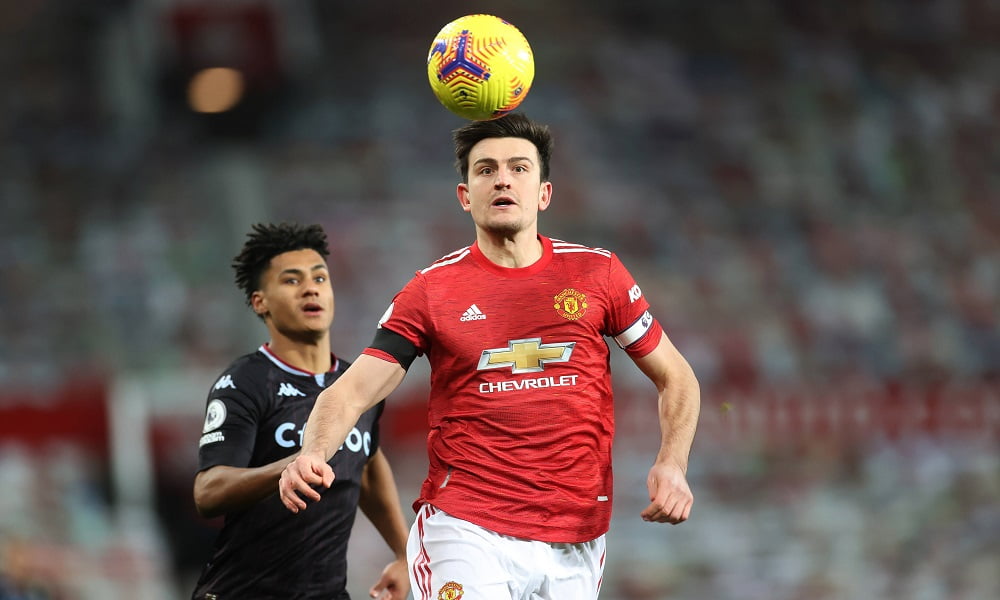Features
Does Football Face A Dementia Claims Crisis?
Nobby Stiles’ death in November 2020 brought to focus a huge problem in football: the link between football and dementia.
Nobby Stiles’ death in November 2020 brought to focus a huge problem in football: the link between football and dementia. Studies have shown that heading the ball and head injuries sustained during football, have, accumulatively, a role in increasing the risk of dementia, especially in situations where a footballer is unconscious for long periods of time after suffering a head injury.
A study in 2017 found that professional footballers have a greater risk of dementia than the general population. This study was based on the brains of retired footballers who suffer from memory problems. The majority of these footballers had signs of chronic traumatic encephalopathy (CTE), a type of dementia, and they all had signs of Alzheimer’s. The brains of footballers without memory problems were not studied.
Further studies since then have grown the body of evidence linking professional football with a greater risk of dementia. This has sparked action from the Football Association, and led to funding for more studies into the subject.
An October 2019, study by the University of Glasgow added to the progress in research. Researchers in that study matched 7,676 retired Scottish male professional footballers born between 1900 and 1976 with over 230,000 people from the general population and studied their causes of death.
The study found that professional footballers were 350% more likely to have died from neurodegenerative disease than expected. The study did not explore why this was the case. To date, this is the longest and largest study of its kind. It did not look at amateur football, so the links between amateur football and dementia have not been firmly established.
The study did not establish why professional football would have an impact on a person’s risk of dementia, or whether the practice of heading had anything to do with it.
The results of this study resulted in the Football Association releasing new guidelines that advise coaches of children aged 11 and under to no longer teach heading in training. The guidelines do not extend to competitive matches, and add restrictions to how much heading under-18 players can do.
It is still important to ascertain if the risk of dementia among footballers is a result of the game itself or the lifestyles of footballers. We do not yet know if heading is the primary culprit, or other injuries sustained during the course of the game.
Because of the many questions still to be answered, the Football Association recently announced that they were considering what the risk factors for footballers are. Concern has been growing for a long time and many players and managers such as Sir Alex Ferguson and Alan Shearer, have spoken up about the need to do something. The Football Association is intent on improving the welfare of former players, and making reforms to the coaching of the game, adding to the urgency of the research. One reform that has been introduced is that of concussion substitutions during games in the Premier League.
At this stage, there have been no claims made, largely because there is no scientific evidence as to what the causes of the link between professional football and dementia are. A player need not head the ball frequently or suffer a concussion to get dementia, adding to the confusion. It is also not clear just what liability sporting associations have. Potential claimants will have to seek guidance and wait for more clarity before making a move.




















